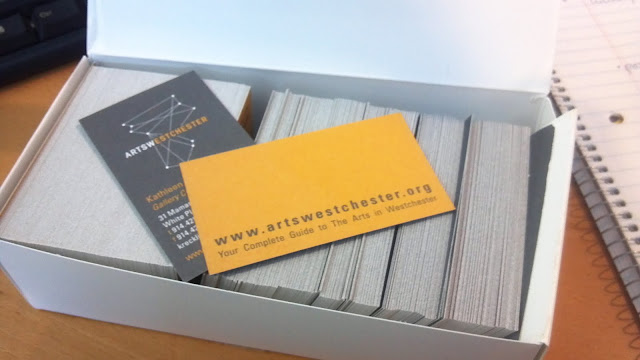I was a freshman fencing in my very first college meet against Harvard when one of the seniors captains came up to me to say she thought I had “what it took.”
“We’re starting a campaign early to make you Captain for next year,” she said. “Don’t worry. I’ll get you ready.”
I was a relative unknown coming onto my college team. A recruit with national standing and some Junior World Cup experience under my belt, sure. But I wasn’t like a few of my fellow first years, who had been fencing since they were 8, had made several Junior World Championships, and were making podium placements on the senior circuit. Our team’s Wall of Fame included national champions and Olympians galore (one of my classmates would go on to win a silver medal in Beijing.) So to be singled out as the next leader of this historic pack was more than an honor.
(It was terrifying.)
For most of my life, I’ve been pushed into leadership positions. Like in the 8th grade when we had to set-up and run our own businesses, I was unanimously voted CEO. I assumed things like this happened to me because I was always the one most likely to do most of the work or I was the one cheering the loudest. I guess that translated into being the one that cared the most, which was true. I care about the things I do, a lot.
Fast forward to this past fall…
When my boss suggested I apply to participate in a 10 month leadership development course, I was both flattered and skeptical. It felt a lot like when Captain Kim came up to me that day at Harvard — someone I had truck-loads of respect for thought I was worth investing in, worth mentoring into a leader of something special.
At the same time, I was doubtful a course about leadership was for me. I lead a lot of things, can’t I just learn more from you, Boss? I need to know more about fundraising. How do I ask people for money for stuff? When she told me that my organization would pay if I were accepted, I figured it was an opportunity not to be missed, and filled out my application.

Going into the course, I saw leadership as a set of qualities you either had or didn’t, qualities that could be nurtured, but not learned. When someone was put into a leadership role, myself included, I figured it was because he/she demonstrated a few more of those qualities, and perhaps was a higher performer than the others in a given set of individuals. In that view, Leaders embody a character-type and are Leaders because they can deliver results. I didn’t necessarily see leadership as a set of skills that could be taught or mastered.
So far, this course has taught me otherwise.
Over the years, I had created awards for leadership and been the recipient of awards for leadership. And yet, acknowledging my many shortcomings, I know I have a lot to learn. Starting with finding answers to a set of simple questions: What really is Leadership? And what is GOOD leadership?
The course started with an inward look. What made me get up in the morning? What was my mission in life? My vision? Was I living my mission and my vision — in my personal life, in my professional life? I was bombarded with questions about who I was, where I had been, where was I going. As a goal oriented person who was good at staying the course, I’m not sure I wholly appreciated this line of introspection and contemplation. I was kinda living my dream. What gives!?! What did this have to do with being a Chief Curator or an Executive Director? Why are you trying to shake my foundation.
Sometimes you need a little shaking to test the strength of your foundation.
But the fog began to lift. To lead well, you need to BE your goal. To BE your goal, you need to know what it is and why you’ve set it. People won’t sign-up to follow you if you’re not genuinely invested in where you’re going.
I learned that Leadership is fundamentally grounded in relationships — with individuals as well as with groups/teams. We all need some help in learning how to manage relationships. Managing relationships is definitely a skill, a steamer-trunk-sized set of skills.
The course, which still has 2 sessions to go, proved revealing on many levels. It forced me to turn an eye to the relationships in my life. I came to value particular friendships even more, and reassign different position to others. I considered how to better negotiate certain workplace partnerships… and continue to consider how to make these more productive, more balanced, more collaborative.
It’s all a work in progress. Leadership is a process — a journey. Thankfully, there are many turns to explore in the road still ahead.











